Gut Inflammation (60 Capsules) (Stable BPC-157 Arginate, KPV)
SKU
$325.00
Each capsule contains 250mcg Stable BPC-157 Arginate Form, 500mcg Larazotide, 500mcg KPV
BPC-157 Arginate Salt is very stable in human gastric juice and boosts the oral bioavailability from less than 3% to greater than 90%. BPC 157 arginate salt is also more stable in varied temperature environments and can resist the effects of UV light. Studies show that just 5% of BPC 157 arginate is degraded after 5 hours in gastric acid as compared to 98% of the acetate salt with oral administration. The enhanced oral bioavailability of the arginate salt makes it the preferred choice in BPC 157 oral research.
Larazotide is a synthetic eight amino acid peptide that helps with gluten intolerance. It functions in the intestine as a tight junction regulator and reverses leaky junctions to their normally closed state. In summary it decreases intestinal permeability aka in layman’s terms as “Leaky Gut”. It is being studied in people with celiac disease and other gluten intolerant conditions leading to gut related inflammatory reactions and auto-immune diseases such as Type 1 diabetes and Hashimoto’s thyroiditis.
KPV is an anti-inflammatory peptide that has potential to help decrease inflammation in a wide range of intestinal diseases such as Crohn’s disease and Ulcerative Colitis. It decreases the inflammatory response by inhibiting proinflammatory cytokine synthesis and secretion.has been shown to stop the proinflammatory mechanisms in both intestinal epithelial cells and immune cells. KPV has shown promise in the case of Inflammatory Bowel Diseases through inhibited immune responses. KPV has also been shown to support healing of the mucosal lining of the gut which helps to stabilize Ulcerative Colitis. In one study KPV was given to mice with Ulcerative Colitis. These mice experienced significant improvements in body weight, colon length and disease symptoms.
BPC 157, Larazotide, and KPV are all peptides with important functions in the gastrointestinal tract. Their properties overlap, but are different enough that researching them together may provide synergistic benefits in the setting of intestinal inflammation.
PRODUCT USAGE WARNING : This PRODUCT IS INTENDED AS A RESEARCH CHEMICAL ONLY. This designation allows the use of research chemicals strictly for in vitro testing and laboratory experimentation only. All product information available on this website is for educational purposes only. Bodily introduction of any kind into humans or animals is strictly forbidden by law. This product should only be handled by licensed, qualified professionals. This product is not a drug, food, or cosmetic and may not be misbranded, misused or mislabled as a drug, food or cosmetic.
Description
BUY BPC 157, KPV, AND LARAZOTIDE PEPTIDE FOR SALE ONLINE
Synergy for Gut Inflammation and Gut Repair: BPC 157, Larazotide, and KPV
BPC 157, Larazotide, and KPV are all peptides with important functions in the gastrointestinal tract. Their properties overlap, but are different enough that using them together may provide synergistic benefits in the setting on intestinal inflammation. Larazotide has been specifically tested in the setting of celiac disease, but a combination of the three has never been studied in either animal or human trials. The next step into research of these peptides would be to determine if their combined properties might offer substantial benefit in the setting of inflammatory bowel disease and other intestinal inflammation.
To understand how these peptides work together in the gut, it is important to first understand their individual properties. Individuals looking to develop experimental protocols for combinations of these peptides would do well to start with the lengthy research supporting each.
BPC 157, KPV, and Larazotide For Sale online only at USA Peptide Store where you can buy USA Research Peptides online. Shop over 100 research peptides online now for fast shipping and the best deal! Buy in bulk and Save! USA Peptide Store Your #1 Trusted USA Research Peptides Supplier.
If this product does not meet your needs or interests, you may want to look at Gut Inflammation (60 Capsules) (Stable BPC-157, KPV, PEA, Tributyrin). Please visit this link for further information on our Research Peptides Capsules
What is BPC-157?
BPC 157 is a synthetic derivative of the naturally occurring protein known as body protection compound (BPC). BPC was first isolated form the human gastrointestinal tract where it is known to have anti-inflammatory and healing properties. It has been investigated in phase I clinical trials for the treatment of gastrointestinal ulcers as well as tendon and muscle injuries. BPC 157 is one of the rare anti-inflammatories to also possess angiogenic properties as well.
Sequence: Gly- Glu-Pro-Pro-Pro-Gly-Lys-Pro-Ala-Asp-Asp-Ala-Gly-Leu-Val
Molecular Formula: C62H98N15O22
Molecular Weight: 1419.556 g/mol
PubChem CID: 108101
It is important to note that not all forms of a peptide are equivalent. In the case of BPC 157, there are two forms of the peptide: an Arginate salt and an Acetate salt. Research with oral administration of standard BPC 157 (acetate salt) has shown that it tends to break down in gastric acid more than the ariginate salt form. The body’s response to this is to simply produce a lot of BPC 157 and only in the areas where it is needed. Of course, this solution is not tenable when delivering the peptide orally and so scientists set out to produce a more stable form of BPC 157 by adding additional chemical structures to the peptide that resist gastric acid but do not alter overall function. The more orally bioavailable “stable” form of BPC 157 is the arginate salt. Studies show that just 5% of BPC 157 arginate is degraded after 5 hours in gastric acid as compared to 98% of the acetate salt. By reducing the degradation of BPC 157, the arginate salt makes the peptide more effective as an orally administered compound. The enhanced oral bioavailability of the arginate salt makes it the preferred choice in BPC 157 oral research.
What is KPV?
KPV is a synthetic analogue of alpha-melanocyte stimulating hormone. Made up of three amino acids, KPV is known to retain the properties of the much larger alpha-MSH protein including anti-ischemic and anti-inflammatory properties. It is under active investigation as a potential treatment for inflammatory bowel disease.
KPV is a potent general anti-inflammatory, but its true benefit is in its ability to reduce intestinal inflammation in mouse models of inflammatory bowel disease. Research shows that the peptide can reduce inflammatory infiltrates, MPO activity, and histological evidence of inflammation. Research in mice shows that KPV can accelerate clinical recovery and improve weight gain in the setting of IBD.
Research shows that KPV is a potent suppressor of TNF-alpha and that its effects can be targeted to the intestine with the proper delivery mechanism. This is important because TNF-alpha is a driver of inflammation in IBD and a target of current therapeutics like infliximab (Remicade/Inflectra) and adalimumab (Humira). These medications are effective early in their use, but lose efficacy due to the formation of systemic antibodies against them over time. They also carry with them a host of substantial, if rare, side effects. The ability to target anti-TNF-alpha activity to the intestine could help to thwart these drawbacks and would also allow for higher dosing and thus better disease control.
Amino Acid Sequence: Lys-Pro-Val
Molecular Formula: C16H30N4O4
Molecular Weight: 342.43 g/mol
PubChem CID: 125672
CAS Number: 67727-97-3
Synonyms: MSH (11-13), ACTH(11-13), alpha-MSH(11-13)
Source: PubChem
What is Larazotide?
Larazotide appears to help modulate intestinal permeability by impacting barrier function. The difference is that while cholera enterotoxin causes pathologic changes in intestinal permeability, larazotide improves intestinal permeability and helps to reduce the immune response that occurs when the intestinal membrane is too permeable causing small molecules such as gluten to cross the protective membrane into the blood stream increased membrane permeability or hyperpermeability of the intestinal membrane. (leaky gut syndrome).
Research indicates that larazotide likely regulates tight junctions in the GI tract. Tight junctions have two general states, open and closed. When they are open, tight junctions allow material to pass between cells. When closed, tight junctions provide an effective barrier against everything from bacteria and viruses to antigens and ions. Dysfunction of tight junctions is thought to be a primary driver of inflammatory bowel disease and has even been tied to enhanced wheat gluten allergies in celiac disease.
Source: CMGH
Amino Acid Sequence: GGVLVQPG
Molecular Formula: C32H55N9O10
Molecular Weight: 725.845 g/mol
PubChem CID: 9810532
CAS Number: 158818-34-7
Synonyms: AT-1001, AT 2347
Synergy Between BPC-157, Larazotide, and KPV
Each of these three synthetic peptides is considered small. At 15 amino acids in length, BPC 157 is actually the largest of the three. Of course, if there was ever a case of “size doesn’t matter” it would be in the benefit that these three peptides offer in the fight against inflammation. Individually, BPC 157, larazotide, and KPV offer substantial benefit in fighting inflammation, particularly of the GI tract. However, there is reason to believe that a combination of the three could be synergistic due to the fact that they each regulate inflammation in a different way.
Starting with larazotide, its primary effect is to prevent inflammation from occurring in the first place by improving intestinal barrier function. Through its regulation of tight junctions, larazotide can help to reduce the number of inflammatory particles that cross from the intestinal lumen (where food is) into the body.
BPC 157 provides a similar effect by improving gastric mucus secretion and thus protecting the cells that line the GI tract from damage. There is also substantial research suggesting that BPC 157 helps to connect the GI tract to the brain by acting as a signaling molecule. Dr. Rudolf Rucman, an early BPC 157 researcher who helped to develop the orally active arginate salt version of BPC 157, has shown that BPC 157 helps to coordinate the adaptive immune response to stress and promote systemic healing. Thus, BPC 157 not only assists larazotide in maintaining intestinal barrier function, it reduces inflammation at the next levels by regulating the immune response to intestinal stress.
Once the immune system is stimulated, its sends out signals to the rest of the body to recruit more inflammatory cells to specific site. One of those signals is TNF-alpha. Currently, a number of drugs to treat rheumatoid arthritis, inflammatory bowel disease, psoriasis, and a host of other autoimmune diseases target TNF-alpha to help calm the inflammatory response and restore health. Research shows that KPV has a similar effect and that this effect can be limited to the GI tract through proper delivery of the peptide. Thus, KPV offers the third arm of this synergistic triad by regulating inflammation once it has begun. Interestingly, TNF-alpha has been shown to interrupt tight junctions, thus worsening any underlying tight junction dysfunction. By regulating TNF-alpha, KPV can help to restore tight junction function and thus works synergistically with larazotide to further reduce intestinal leakiness.
In summary, larazotide and BPC 157 both help to regulate intestinal barrier function and thus act as the first line of defense against inflammation by preventing injury in the first place. BPC 157 also offers a second line of defense by helping to coordinate systemic inflammatory responses and push the balance away from inflammation and toward wound repair. The third and final piece of the puzzle is provided by KPV, which suppresses inflammatory signaling and helps to turn down the immune response once it has begun. Together, these three peptides could offer an excellent means of fighting inflammation in general, but specifically intestinal inflammation.
Synergy in Wound Healing
BPC 157 has long been known to promote wound healing. This is primarily a result of the peptide’s ability to upregulate and activate VEGFR2, one of the more important receptors for VEGF. VEGF, short for vascular endothelial growth factor is a simulator of blood vessel growth. Just like growth hormone promotes the growth of bones and muscles, VEGF promotes the growth of blood vessels, which are essential for wound repair.
The ability of BPC 157 to boost blood vessel growth meshes well with the ability of KPV to regulate the migration of inflammatory cells. One of the primary problems in wound healing is the formation of scars, particularly scars that are of different pigment than surrounding tissue. KPV induces wound repairing fibroblasts and other cells to migrate to the site of tissue repair, but prevents pigment-containing melanocytes from doing the same. This results in a superior aesthetic look to the scar without compromising overall wound healing.
The benefits of KPV in wound healing are more robust than simply improving the appearance of scars, however, KPV is one of the few known compounds that can reduce inflammation at the site of a wound without increasing the risk of infection, fungal growth, and tissue damage due to pathogens. In other words, KPV combines anti-inflammatory activity with pathogen-fighting capabilities that make it ideal for promoting wound healing.
Finally, KPV may be beneficial in that it can modulate collagen metabolism. While collagen is essential to tissue healing and wound repair, excessive or disordered collagen deposition can lead to a host of problems including hypertrophic scar formation. According to Dr. Didier Merlin, KPV suppresses IL-8 secretion, which inhibits collagen type 1 production. This is an important part of the last phase of wound healing when collagen deposition patterns can mean the difference between a strong, lasting wound repair and disordered, weak scar that is easily damaged.
The Specific Case of BPC 157, KPV, and Larazotide in Fistula Repair
Fistulas are simply abnormal passageways between two organs that do no normally connect. A good example is the perianal fistula that connects the colon to the skin around the anus and leads to abnormal drainage and potential infection. Fistuals are common in inflammatory diseases of the GI tract, such as Crohn’s disease and ulcerative colitis. They are also notoriously difficult to treat and can affect individuals who suffer from them for years or even a lifetime.
Both KPV and BPC 157 have shown a great deal of promise in improving fistula healing, a specific case of wound healing. BPC 157 has been shown in rat studies to improve healing of GI fistulas by accelerating the rate of repair and leading to more frequent closure of the fistula.
Often times, fistula healing can be boosted by the direct injection of TNF-alpha inhibitors, like Humira, directly into the fistula. This is an expensive and difficult process that is not without side effects. KPV may offer an alternative by delivering TNF-alpha suppression directly to the GI tract without the need for invasive injections. Combined with BPC 157, this could result in a dramatic increase in fistula healing.
By boosting tight junction function, larazotide could slow the progression of fistulas and even reverse the process. Though fistula formation is not generally a consequence of celiac disease, it is affected by actin myofilament function in the cells that line the intestine. Research suggests that larazotide may help to promote actin rearrangement in a way that leads to enhanced adherence of cells to one another, thereby reducing the ability of fistulas to penetrate tissues that would otherwise not be permeable.
BPC 157, KPV, and Larazotide exhibits minimal side effects, good oral and excellent subcutaneous bioavailability in mice. Per kg dosage in mice does not scale to humans. BPC 157, KPV, and Larazotide for sale at USA Peptide Store is limited to educational and scientific research only, not for human consumption. Only buy BPC 157, KPV, and Larazotide if you are a licensed researcher.
Buy Wholesale BPC 157, KPV, and Larazotide From USA Peptide Store
At USA Peptide Store, our research peptides are of the highest purity and pharmaceutical grade. Our BPC 157, KPV, and Larazotide peptide comes in 500mcg Stable BPC-157 Arginate, 500mcg KPV, 500mcg larazotide (60 capsules). We’re passionate about our products, and we always strive to provide our customers with the best in both selection and quality. All of the products we provide are tested to verify authenticity and purity, so you can conduct your research with confidence.
Searching for BPC 157, KPV, and Larazotide peptide for sale? Look no further! Our online peptide store offers a wide range of BPC 157, KPV, and Larazotide peptide, perfect for your research needs. Whether you’re in the United States, Australia, Canada, Germany, Sweden, France, Turkey, Thailand, Italy, Netherlands or the United Kingdom, we have you covered. We provide fast and secure shipping to multiple countries, ensuring that you receive your order conveniently and on time. Purchase BPC 157, KPV, and Larazotide peptide that are now available for sale and in stock. With our competitive prices and extensive inventory, you can trust us to be your reliable source for Gut Inflammation (60 Capsules) (Stable BPC-157 Arginate, KPV).
Want to learn more about our products or have a question about payment options? Our customer service team is here to help. So, what are you waiting for? order BPC 157, KPV, and Larazotide Peptide For Sale and experience first-hand quality service, prompt response and quick shipping. Stock up on the highest quality BPC 157, KPV, and Larazotide Peptide For Sale and more at USA Peptide Store today.
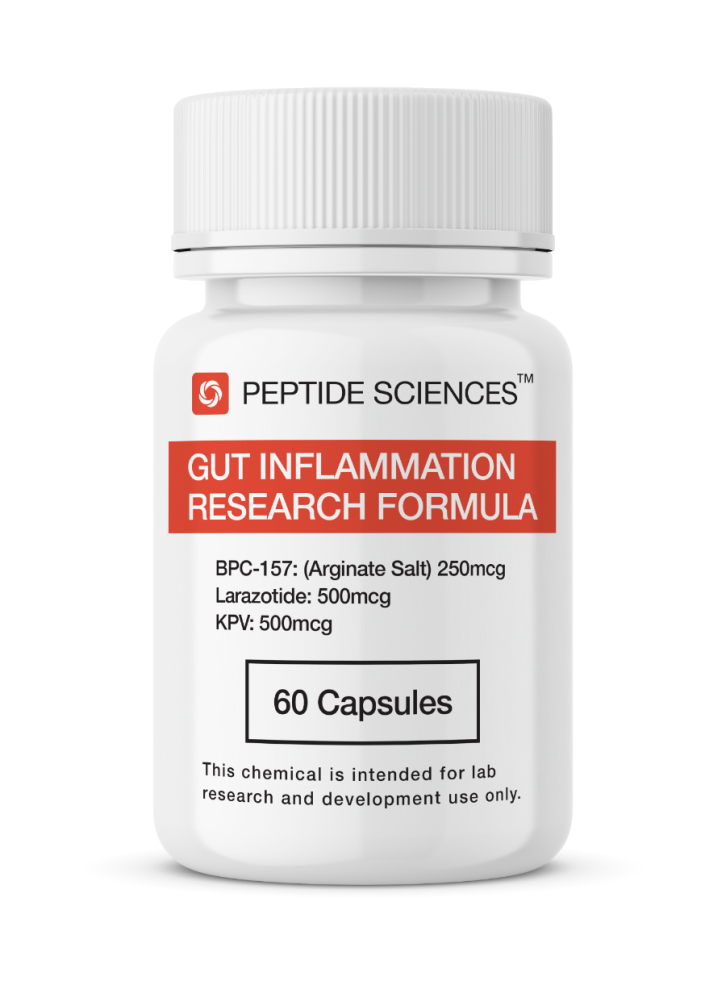
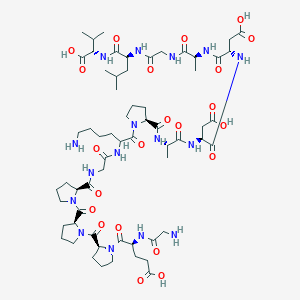
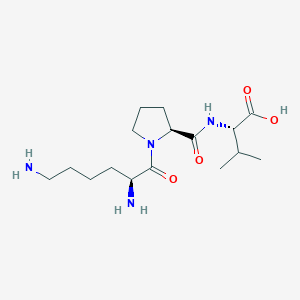
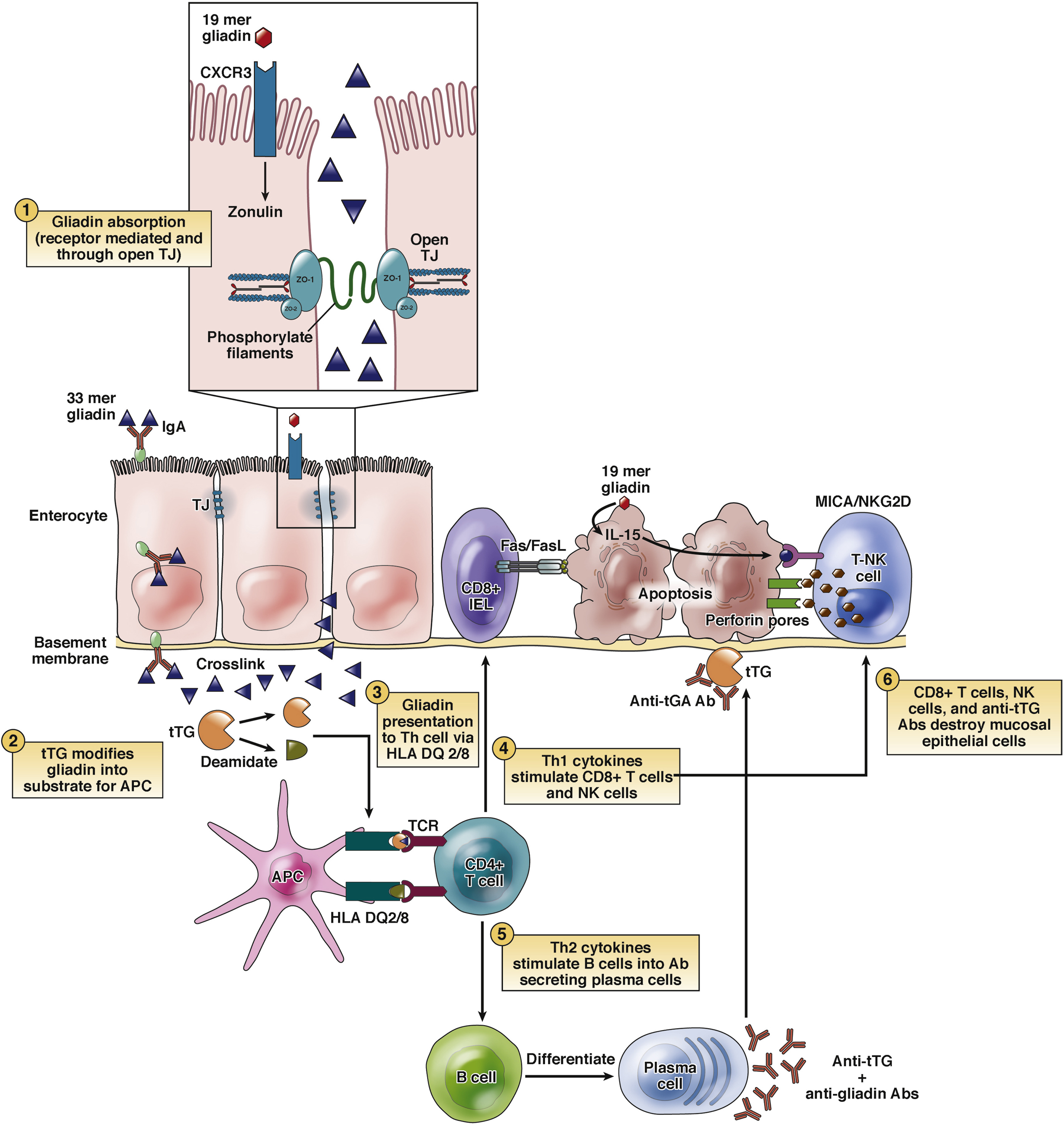
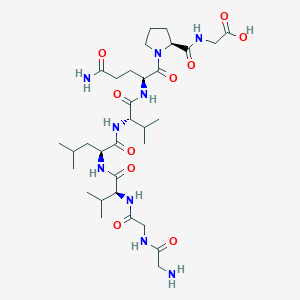
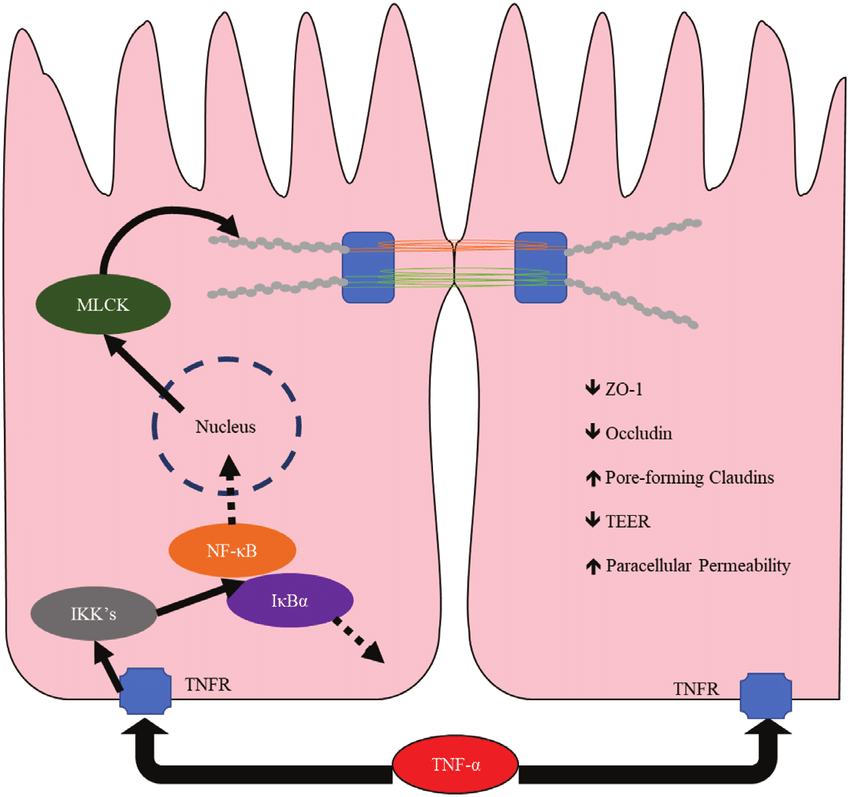
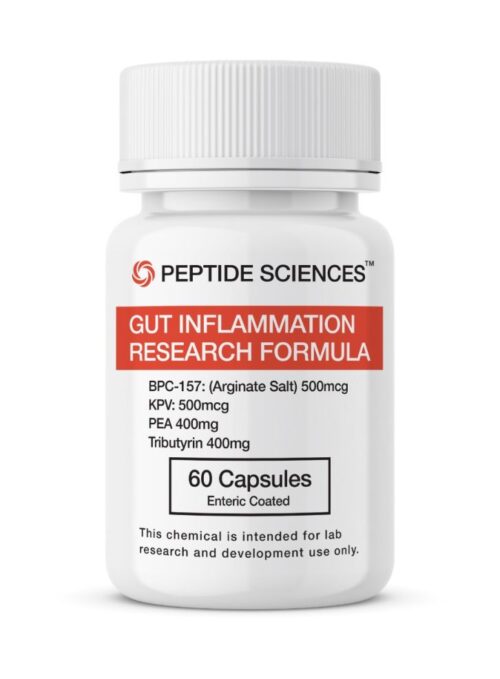
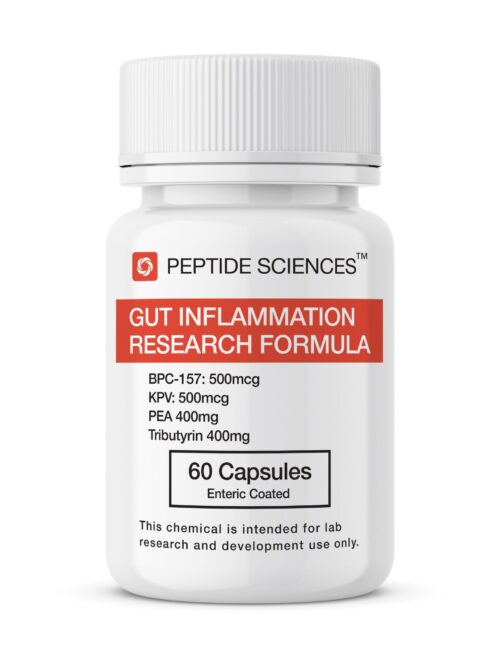
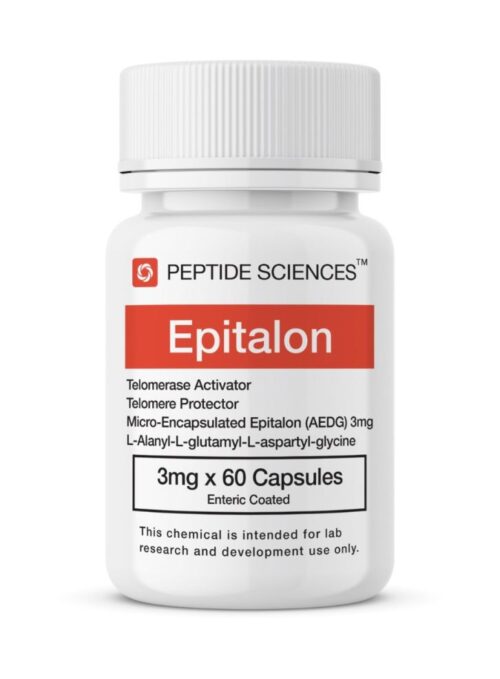
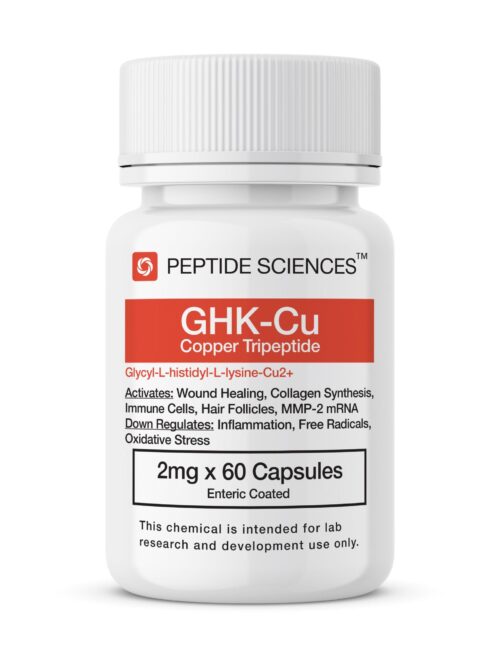
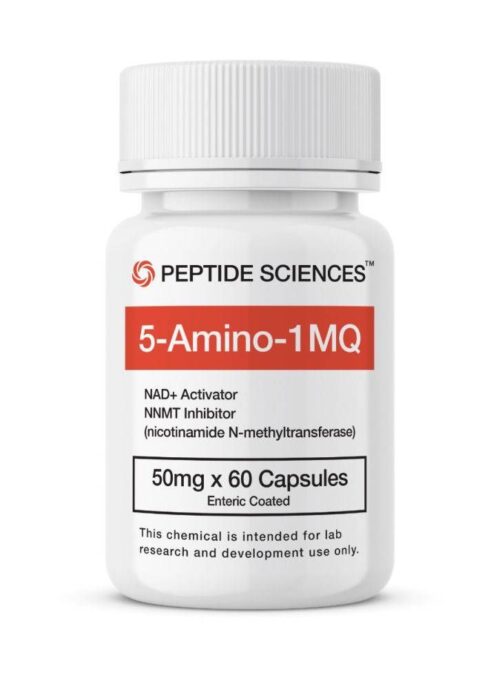
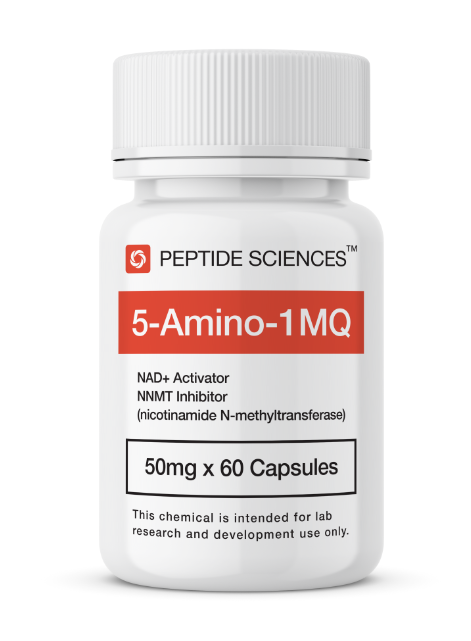
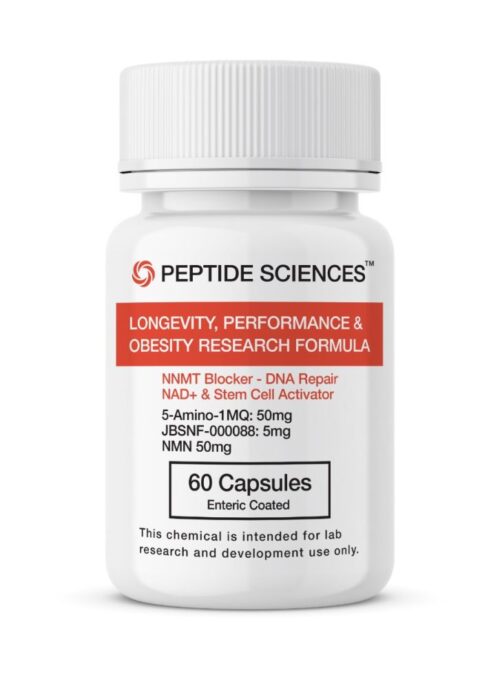
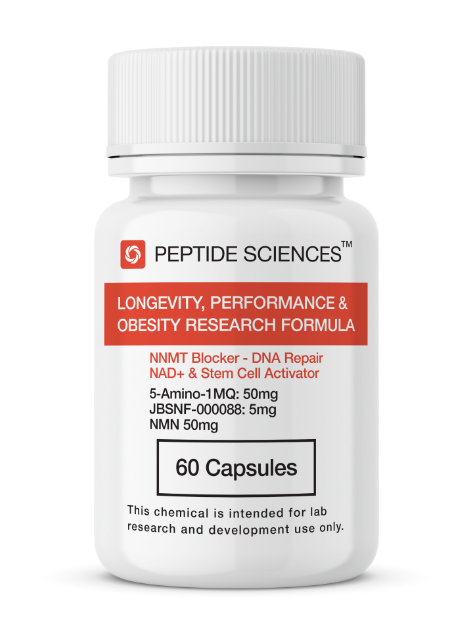
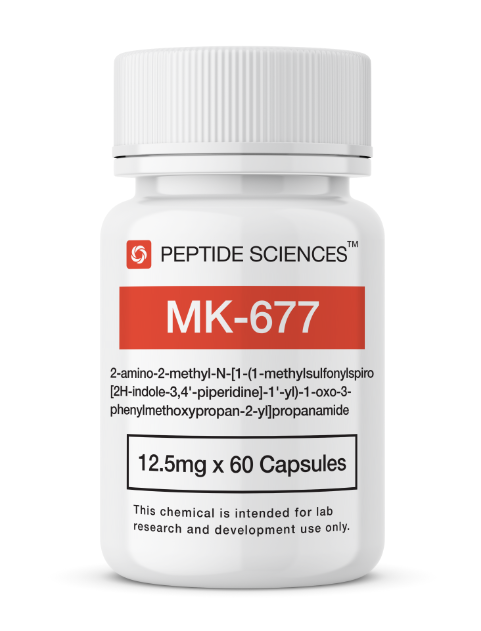
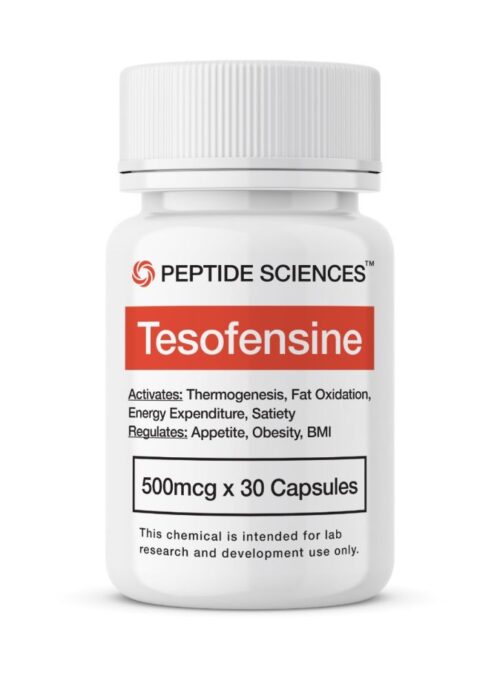
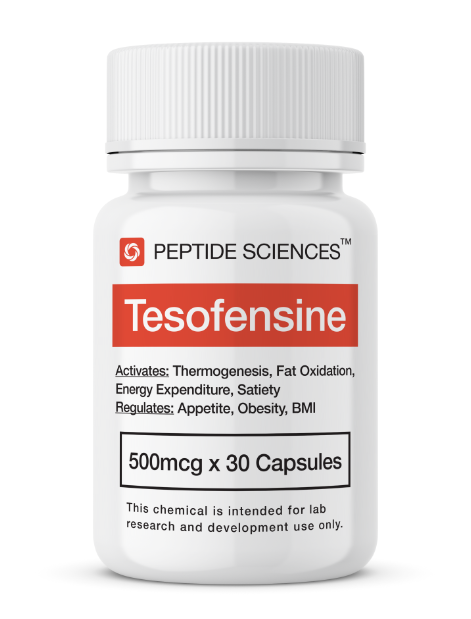

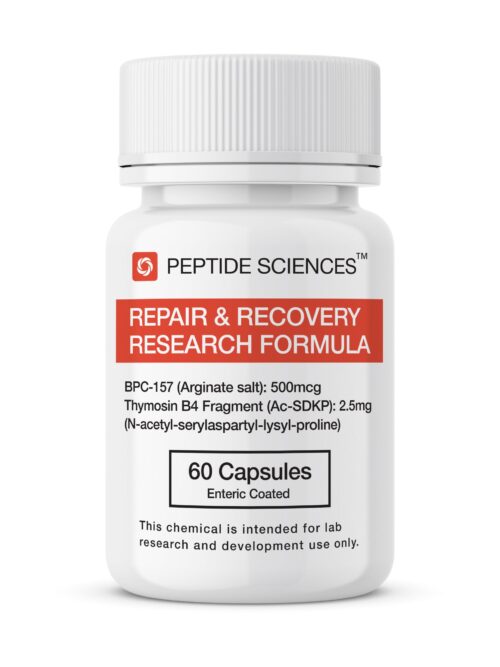

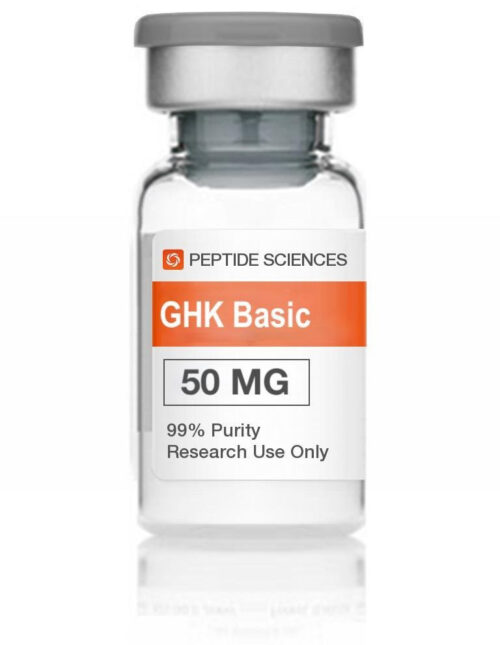
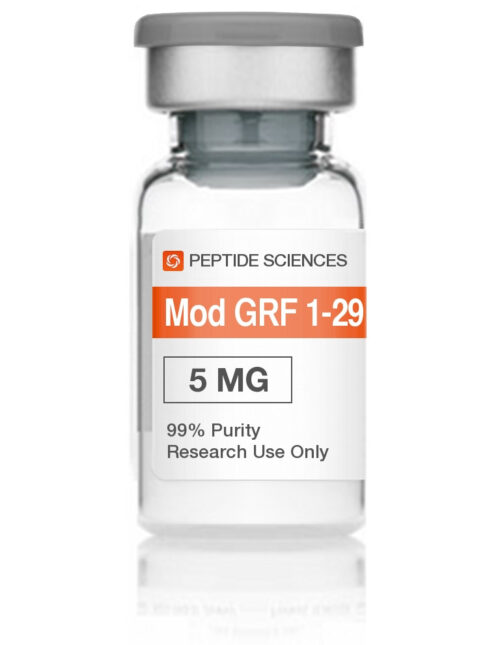
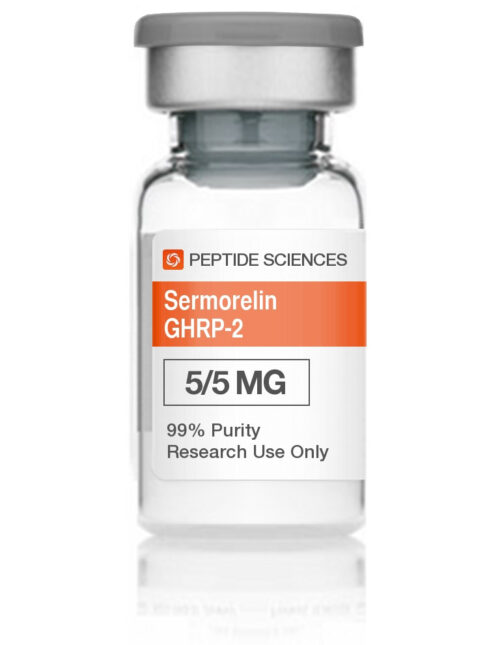
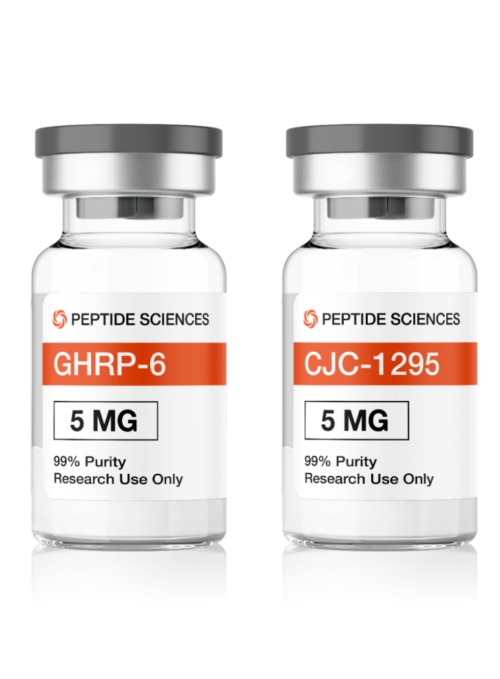

Reviews
There are no reviews yet.